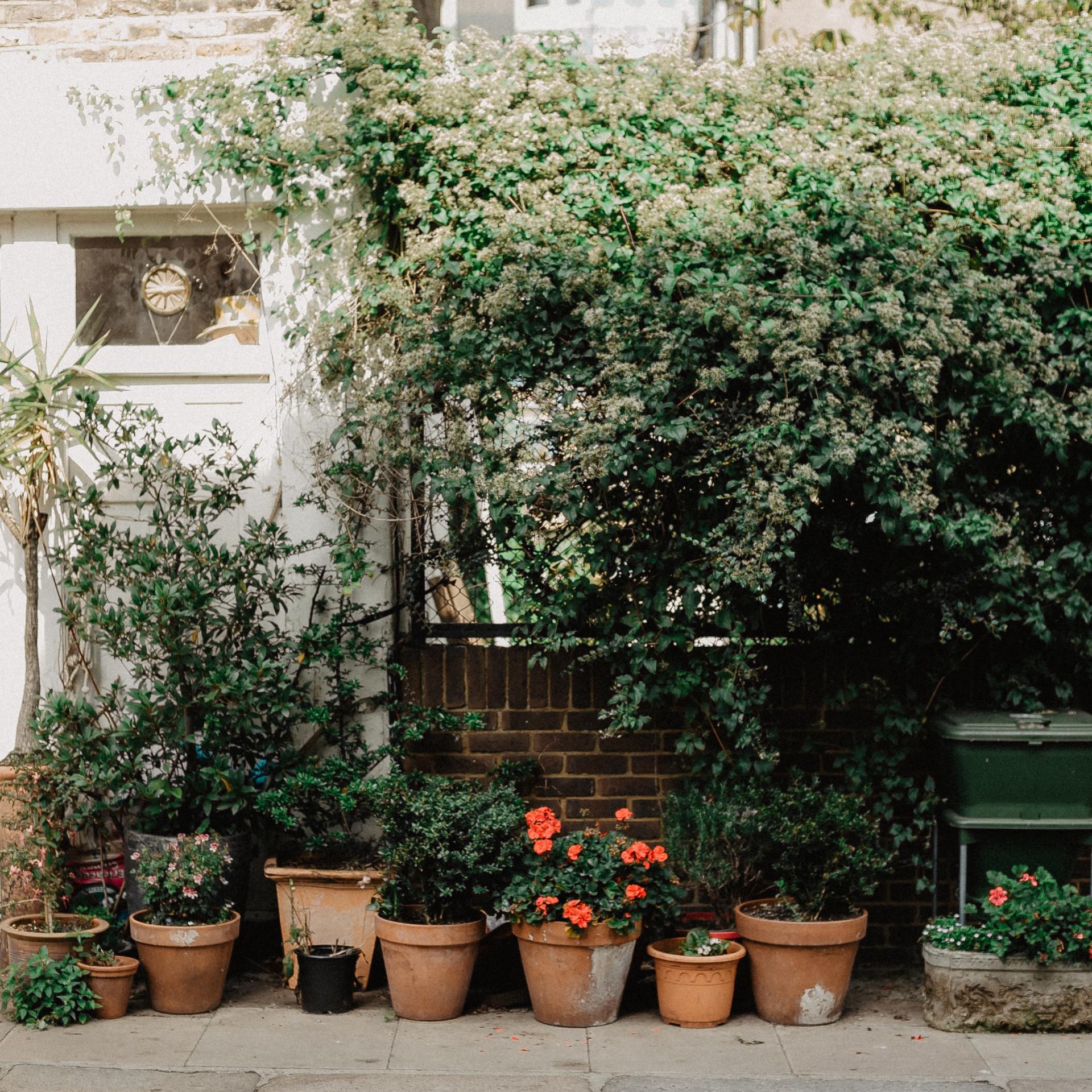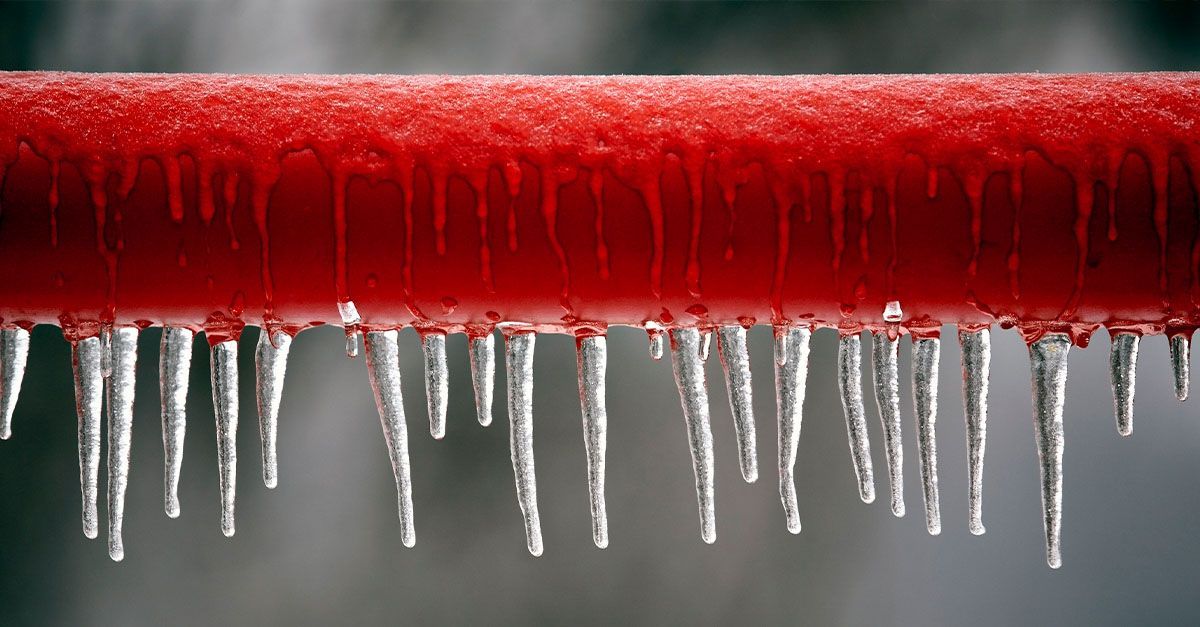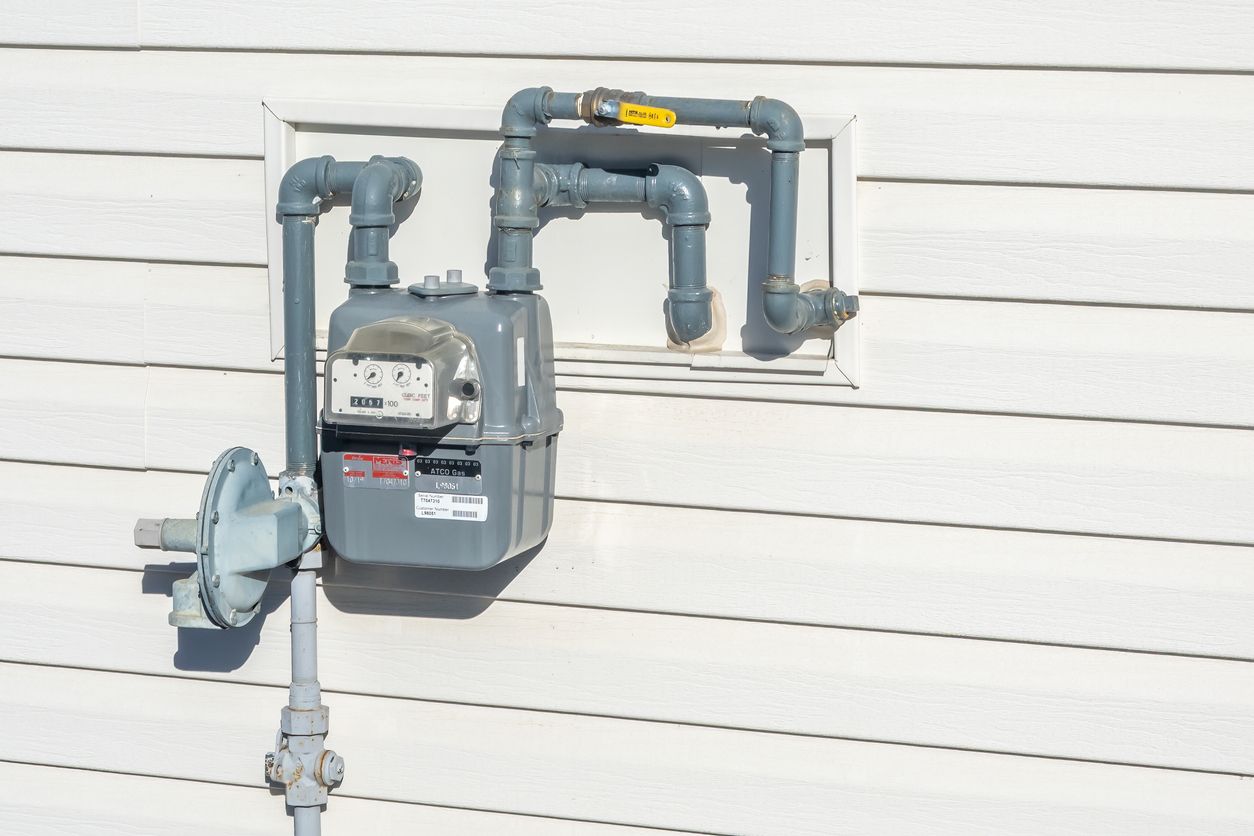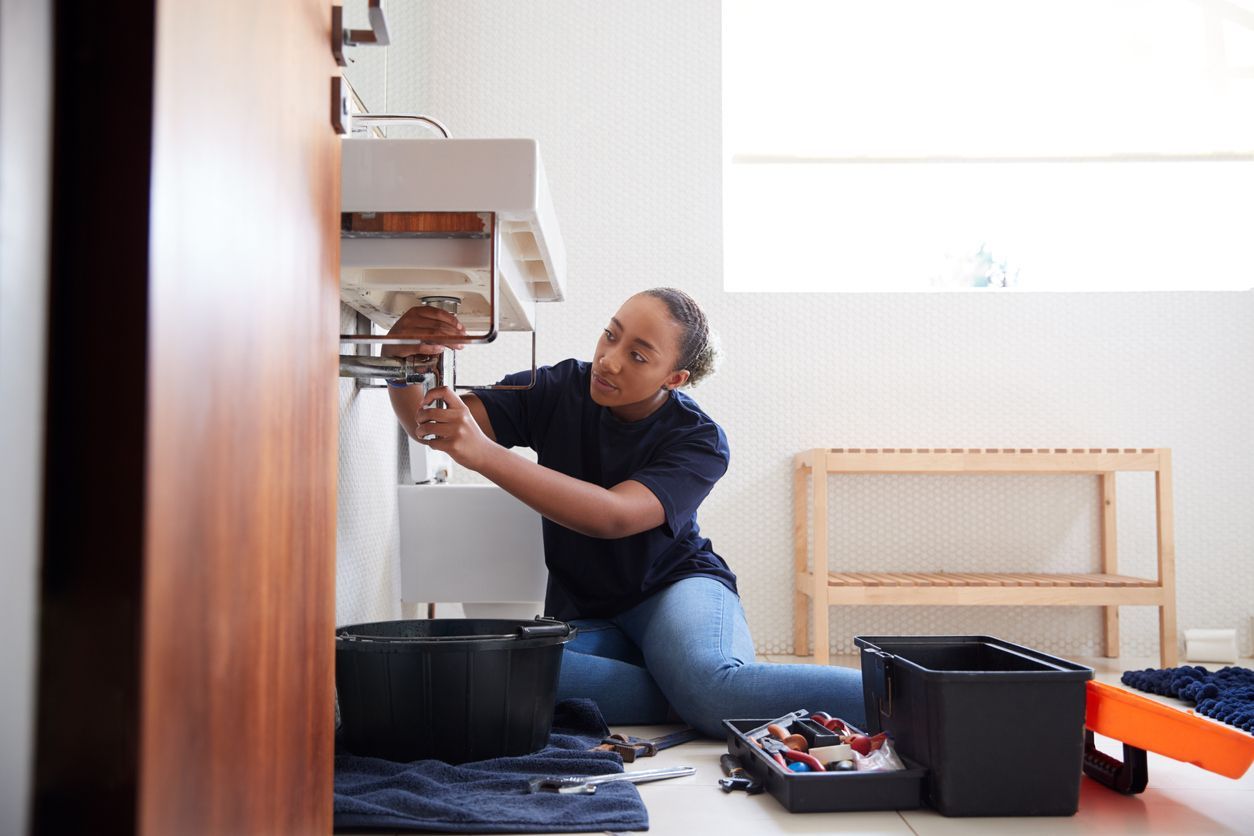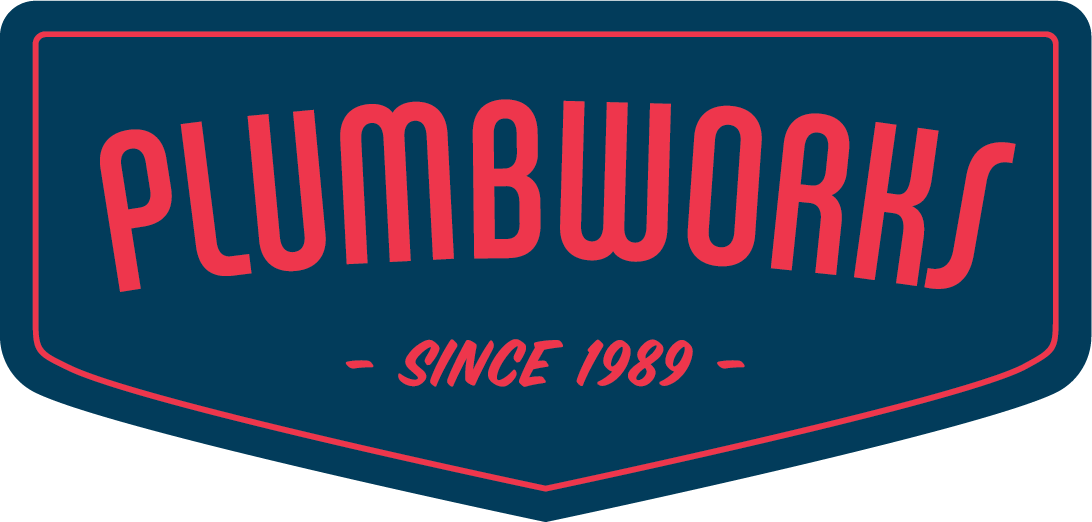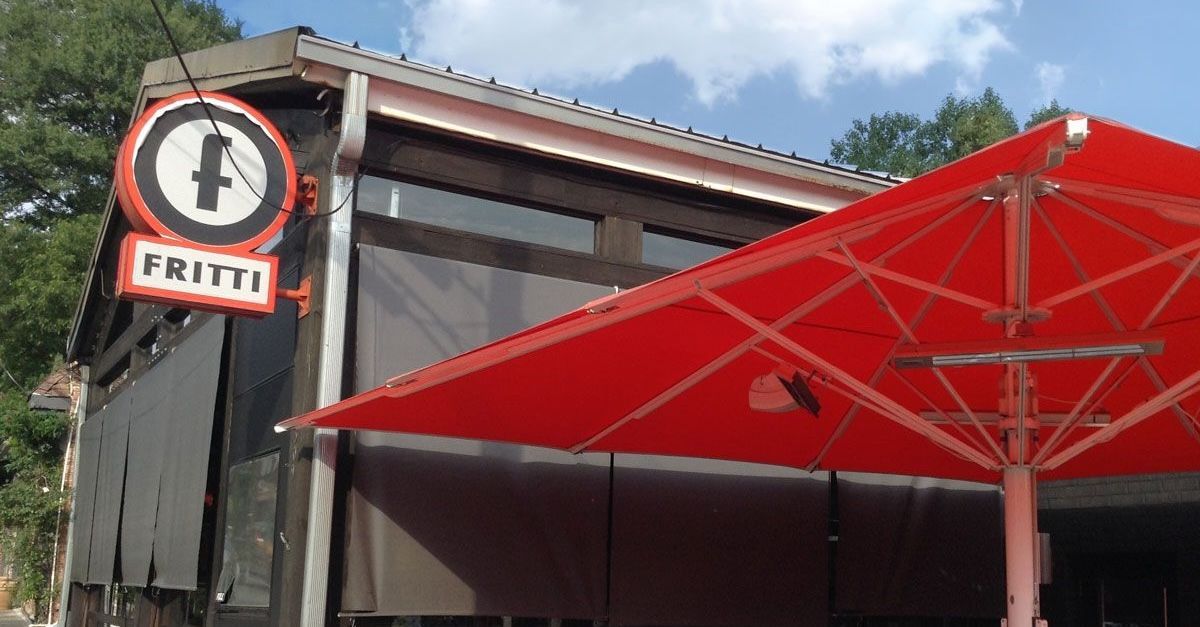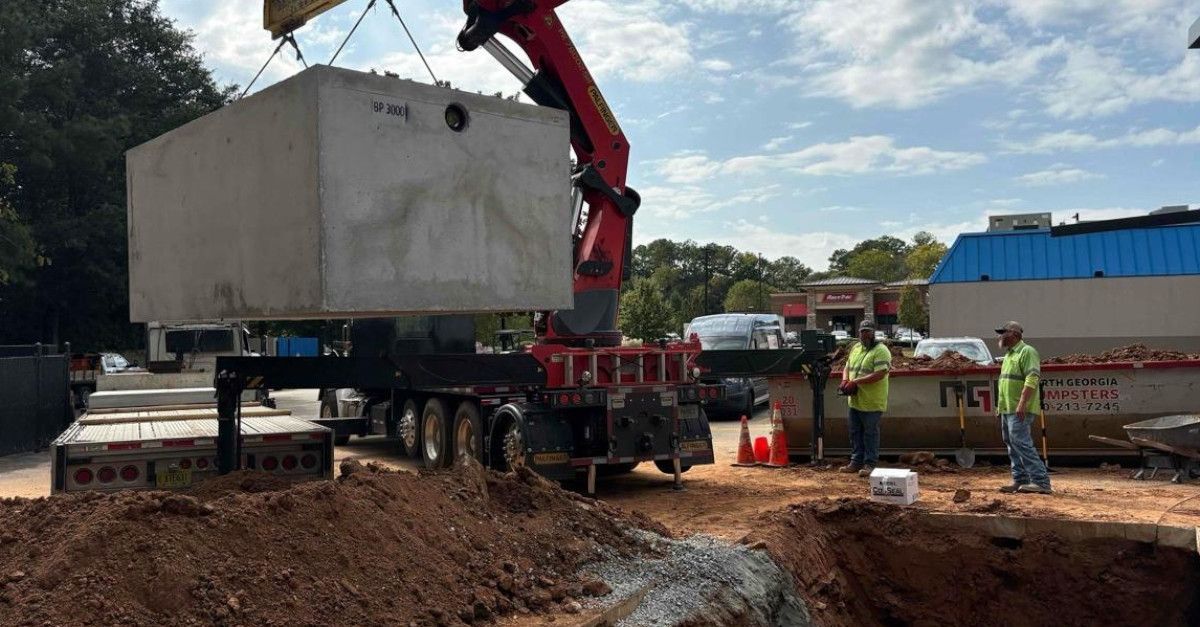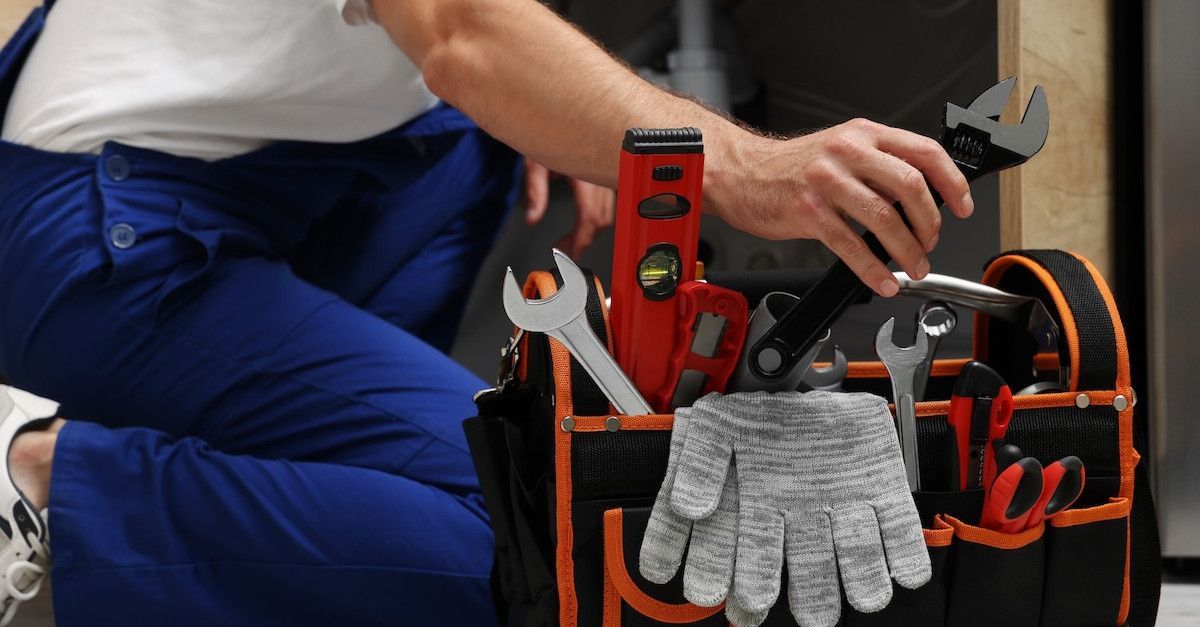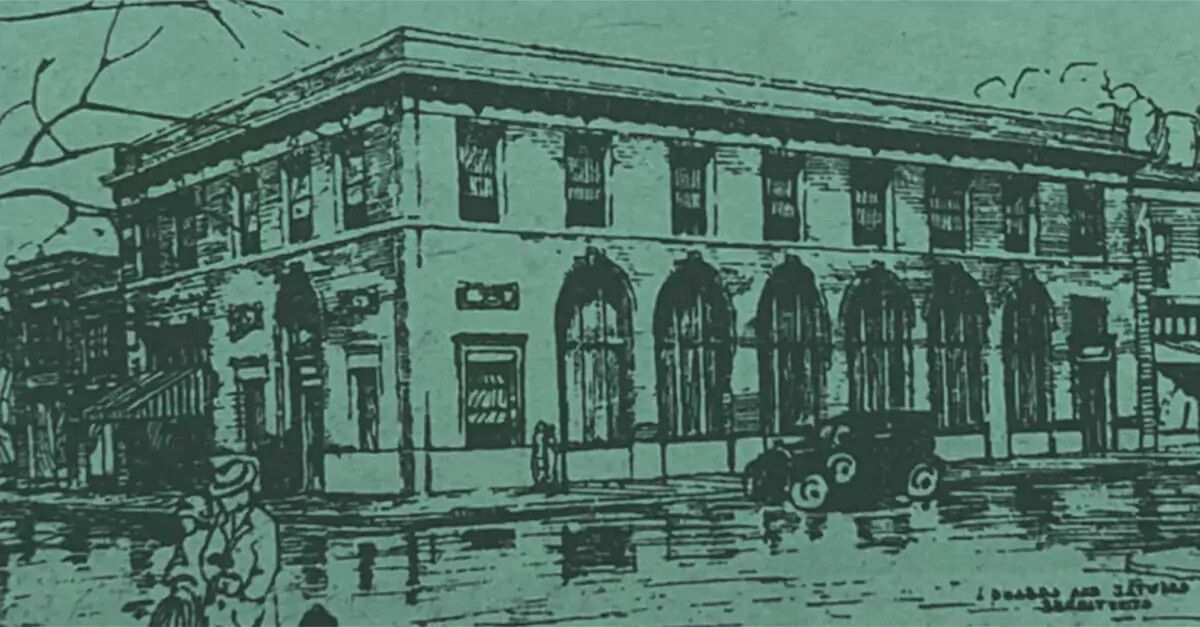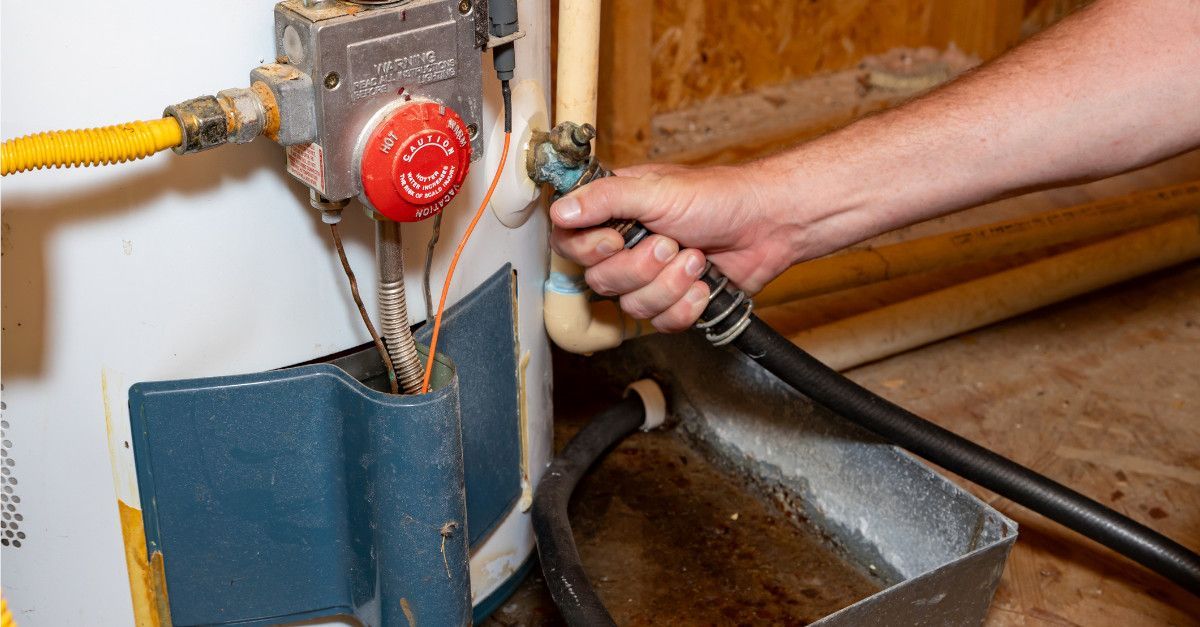August 1, 2025
If your home is 30, 40, or even 50 years old, there’s a good chance your gas piping system hasn’t been updated since it was installed. Unfortunately, aging gas pipes can put your home and family at serious risk. Gas lines naturally degrade over time, and older materials are much more likely to develop leaks, corrosion, or even sudden failures. In metro Atlanta, soil conditions and humid weather can speed up deterioration, making it even more important to have your system inspected if your home is decades old. At Plumb Works, we’ve seen firsthand the dangers of outdated gas lines in Atlanta-area homes. Here’s why you shouldn’t wait to have yours evaluated. Why Old Gas Pipes Are a Serious Hazard Gas lines may last for decades, but they don’t last forever. Many Atlanta homes built between 1975-1995 used black iron or galvanized steel gas piping. These older materials are prone to: Corrosion and rust: Atlanta’s humid summers and occasional flooding can accelerate corrosion, especially in crawl spaces or underground lines. Loose connections: Changes in temperature between the hot southern summers and colder winters can weaken threaded connections, leading to leaks. Outdated materials: Galvanized steel pipes used in the past can flake apart internally, causing dangerous blockages. Lack of protective coating: Modern gas lines are coated with fusion-bonded epoxie (FBEs) to resist corrosion, but older pipes generally don’t have that protection. Even small leaks are dangerous because there is no safe level of exposure to natural gas. Natural gas is highly flammable, and any exposure can also lead to serious health issues, including headaches, dizziness, nausea, or even suffocation at high levels. Warning Signs Your Gas Piping Needs Repair or Replacement Because most gas piping runs behind walls or underground, spotting problems isn’t always easy. Here are a few red flags to watch for: A rotten egg smell (the odorant added to natural gas) Hissing or whistling sounds near gas appliances or lines Dead patches of grass above buried gas lines Visible rust or corrosion on any exposed pipes A sudden or unexplained increase in your gas bill If you notice any of these, call a licensed plumber right away. Gas leaks are an emergency and should NEVER be handled as a DIY repair. What Atlanta Homeowners Should Do If Your Gas Piping Is 30-50 Years Old If your home’s gas lines are decades old, schedule a professional inspection even if you haven’t noticed issues. Licensed plumbers in Atlanta, like Plumb Works, can evaluate your system, locate leaks, and determine if repairs or a full replacement are necessary. Modern gas piping materials like CSST (corrugated stainless steel tubing) or polyethylene piping last longer, resist corrosion, and are more flexible for installations around Georgia’s clay-heavy soil. Upgrading your system will not only make your home safer but also more efficient. Don’t Wait Until It’s Too Late Delaying repairs or replacement of old gas pipes can have devastating consequences, including fires, explosions, or carbon monoxide exposure. Addressing the problem now can keep your family safe while protecting your property (and your wallet) from major damage. It’s also crucial to bring your home up to Georgia’s current safety codes. Call Atlanta’s Trusted Gas Line Repair Experts If your Atlanta home was built from 1975-1995 and you’ve never had the gas piping inspected, now is the time. Plumb Works, Inc. specializes in Atlanta gas line repair and gas line replacement . We understand the unique challenges of Georgia’s climate and soil conditions and follow all City of Atlanta and Georgia state codes for gas line safety. Don’t wait until a small leak turns into a dangerous emergency. Call us today or schedule an appointment online using our self-scheduler. Our licensed plumbers will perform a thorough inspection and give you peace of mind knowing your home’s gas piping is safe.
